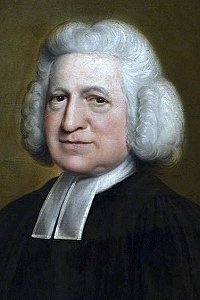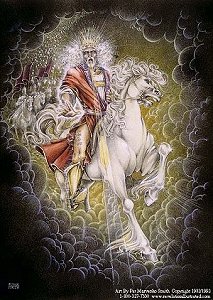Come, Thou almighty King,
Help us Thy name to sing,
Help us to praise!
Father all glorious,
O’er all victorious,
Come and reign over us,
Ancient of Days!
Jesus, our Lord, arise,
Scatter our enemies,
And make them fall;
Let Thine almighty aid
Our sure defense be made,
Our souls on Thee be stayed;
Lord, hear our call.
Come, Thou incarnate Word,
Gird on Thy mighty sword,
Our prayer attend!
Come, and Thy people bless,
And give Thy Word success,
Spirit of holiness,
On us descend!
Come, holy Comforter,
Thy sacred witness bear
In this glad hour.
Thou who almighty art,
Now rule in every heart,
And ne’er from us depart,
Spirit of power!
To Thee, great One in Three,
Eternal praises be,
Hence, evermore.
Thy sovereign majesty
May we in glory see,
And to eternity
Love and adore!


